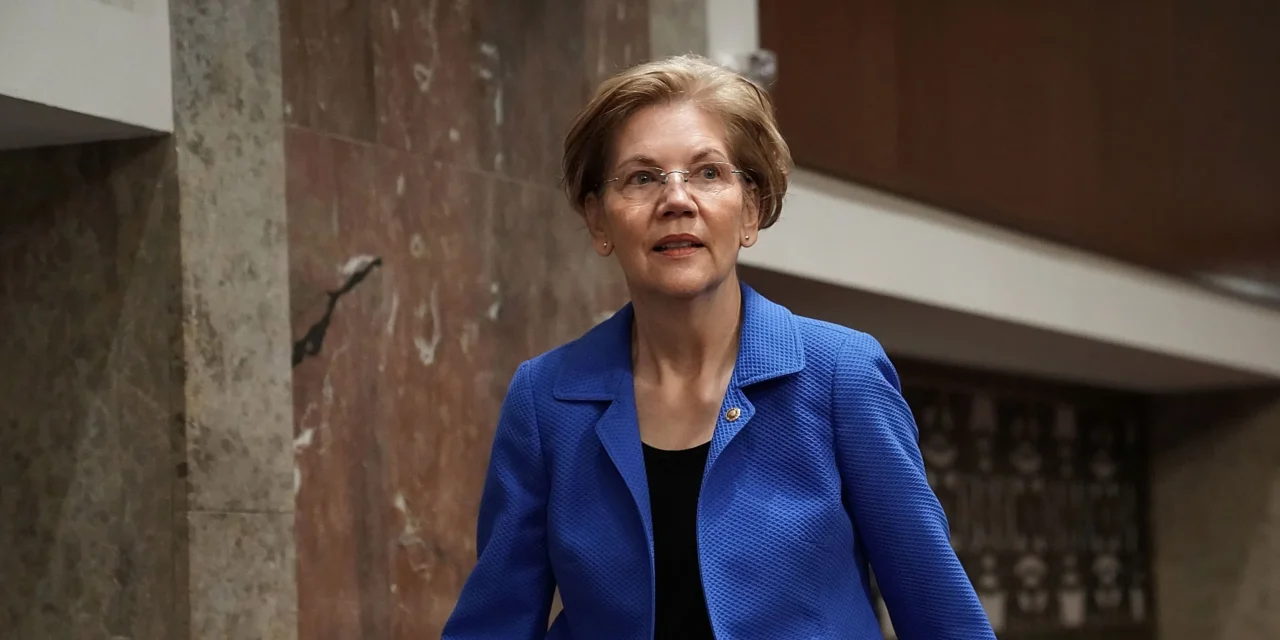
Senator Elizabeth Warren’s well-known campaign against cryptocurrency encounters a significant setback as a senior official from the Treasury Department disputes her criticisms. During a House Financial Services Committee oversight hearing, the testimony directly opposes Warren’s assertions that cryptocurrency serves as the main funding source for terrorist organizations in the Middle East.
Dismissing Warren’s Perspective
Brian Nelson, the undersecretary for Terrorism and Financial Intelligence, refutes Warren’s arguments, stating, “We’ve found that terrorists still prefer, frankly, to use traditional products and services.” This revelation fundamentally challenges the foundation of Warren’s legislative endeavors, highlighting a disparity between her narrative and the Treasury Department’s assessment.
Nelson points out inaccuracies in media reports as a crucial aspect of challenging Senator Warren’s assertions. He references a Wall Street Journal article that initially claimed over $100 million in cryptocurrency payments to Middle Eastern terrorist groups. The corrected amount was later revised down to $12 million, emphasizing the potential consequences of relying on flawed data to shape legislation.
Senator Warren’s proposed Digital Asset Anti-Money Laundering Act, based on flawed data, now faces heightened scrutiny.
Critics argue that legislating based on incorrect information could severely impact the cryptocurrency industry, potentially slowing down innovation, restricting job opportunities, and hindering overall sector growth.
Opposition from Senator Lummis
Senator Cynthia Lummis, a vocal opponent of Warren’s stance and known for her proactive support of crypto and digital assets, emphasizes that the real issue lies with criminals, not the crypto industry.
Crypto trade groups, such as the Chamber of Digital Commerce and the Blockchain Association, actively oppose Warren’s bill. They emphasize the potential negative effects on innovation, job opportunities, and the industry’s growth. The recent revelations regarding inaccurate data further reinforce their opposition and raise doubts about the credibility of Warren’s anti-crypto narrative.
Lummis warns against overregulation of the crypto industry – “Crypto is clearly not the problem. Criminals and bad actors are,” and highlights the risks of making historic mistakes by regulating the entire industry based on flawed data.
In conclusion
The testimony from the Treasury official not only challenges Warren’s anti-crypto position but also highlights the importance of accurate information in shaping legislative decisions.